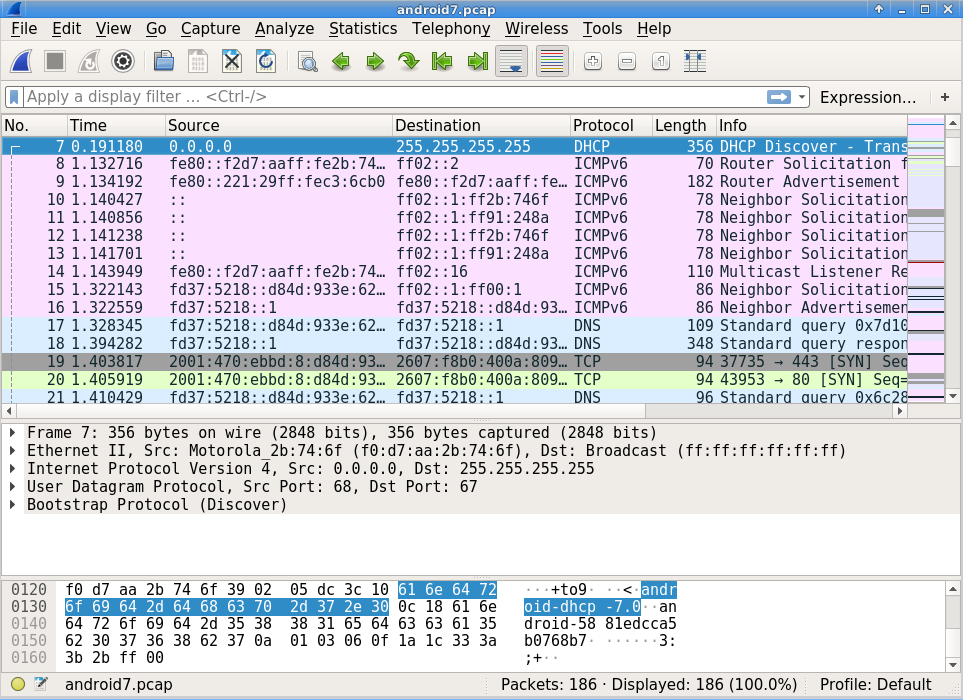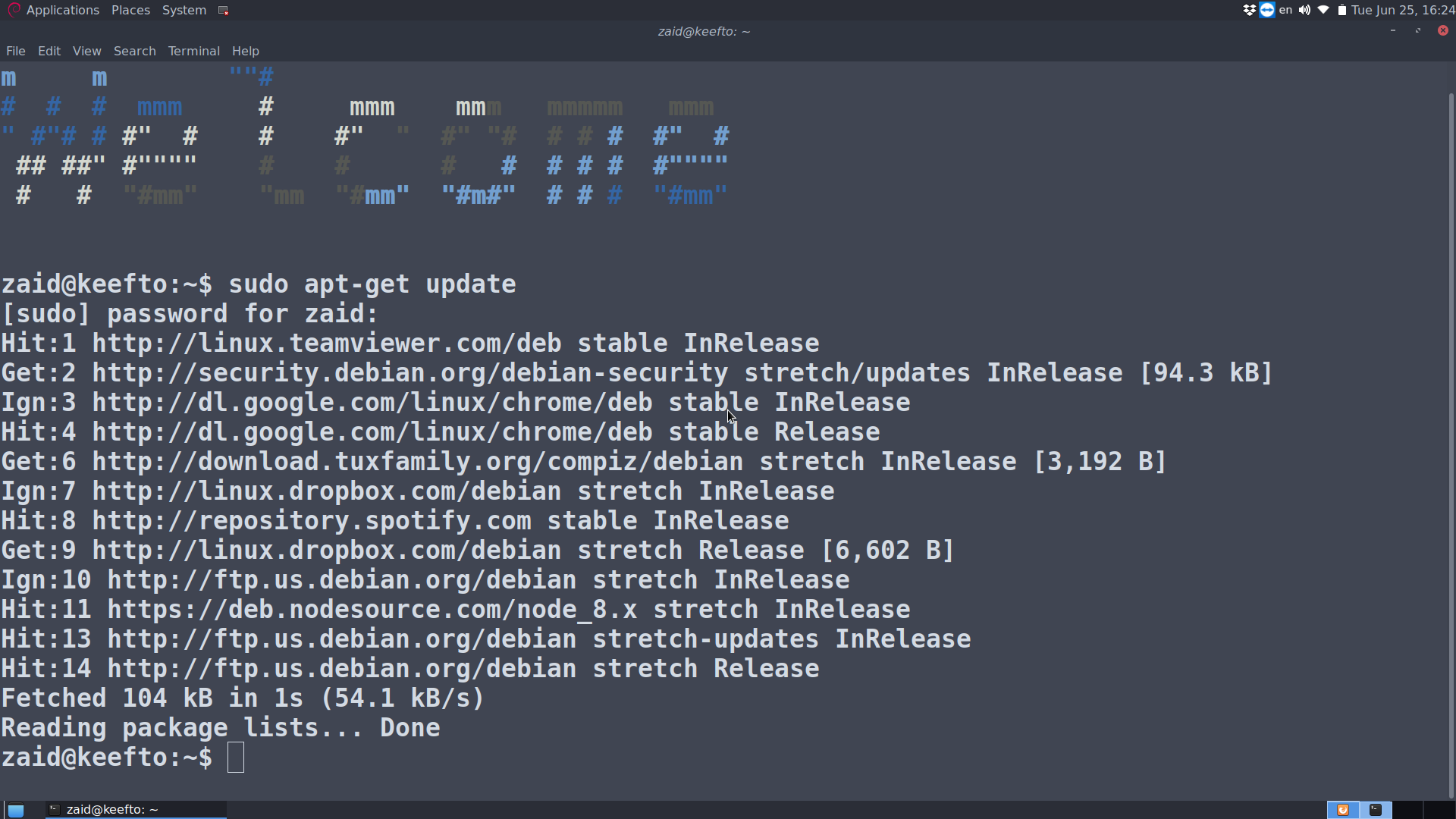

WireShark is a free and open-source software we can install on the Raspberry Pi to analyze packets sent over its network interfaces.

That’s it! You have successfully installed the Wireshark packet analyzer on Ubuntu 16.04 | 18.In this tutorial, we will be showing you how to install and run Wireshark on the Raspberry Pi. Launch it and begin analyzing your network packets. That should install the latest version of Wireshark.Īfter installing, you can then go to the Activities overview and search for it. To install Wireshark from its repository, run the commands below:ĭuring the installation, you should see a prompt to agree to allow Wireshark members to collect packets. Doing that will always get you the latest versions. To get the latest version of Wireshark, you’ll need to add its package repository to Ubuntu and install it from there. That should install Wireshark stable package that comes with Ubuntu. If you just want quickly install Wireshark without the need for the latest version, then just open the Ubuntu command terminal and run the commands below. However, the version of Wireshark in the default repository might not necessarily be the latest.

With Wireshark you can do live capture and offline analysis of network packets, network data can be browsed via a GUI, decrypt many protocols, including IPsec, ISAKMP, and Kerberos and you can easily export captured data to XML, PostScript®, CSV, or plain text.įor more about Wireshark, please visit its homepage When you’re ready to install Wireshark, follow the steps below: Install Wireshark via Ubuntu Repositories #īy default, Wireshark comes via Ubuntu repositories. If you’re a network admin and wish to do a deep inspection of hundreds of protocols and other activities on your network, then you’ll need a tool like Wireshark.

This brief tutorial is going to show students and new users how to install Wireshark on Ubuntu 16.04 | 18.04 easily.


 0 kommentar(er)
0 kommentar(er)
